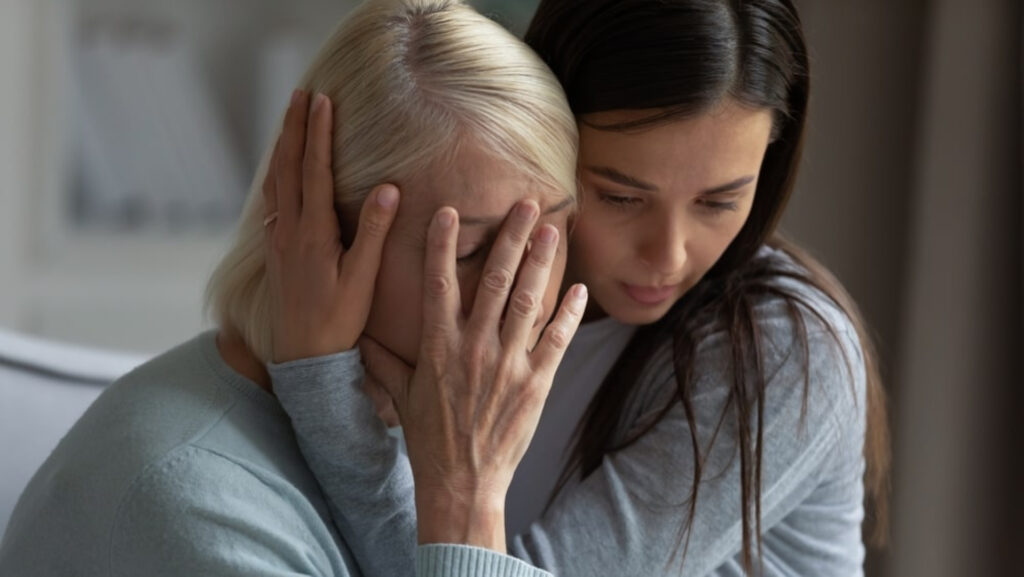

The most commonly known illegal opiate is Heroin.
When medically prescribed, opiates can be tremendously helpful. However, due to their highly addictive nature, even under the supervision of a medical professional an opiate addiction can develop.
Opiate abuse occurs if an individual uses more medication than prescribed, ingests the medication in a method other than prescribed (i.e. crushing pills and snorting), taking medication that was never prescribed, and/ or mixing the medication with other substances. In order to cleanse one’s body of an opiate addiction he or she must go through a detox process.

Due to the highly addictive nature of opiate drugs, it is best to go through a detox process under supervision.
While in many cases, detoxing from opiates is not necessarily life-threatening it can cause incredibly uncomfortable withdrawal symptoms. In many cases, medical professionals are able to prescribe certain medications that can help with the detox process and reduce the discomforts of withdrawal symptoms. Detoxing is a challenging process, and setting oneself up with as much assistance as possible can only be to one’s benefit.
Any individual who has been using opiates for a prolonged period of time and reduces the amount of drugs or abruptly stops ingesting the drugs altogether, will experience withdrawal symptoms.
Withdrawal symptoms are the way one’s body reacts to the lack of substance with which their body has become accustomed. Some examples of withdrawal symptoms an individual may experience when undergoing detox from opiates include any combination of the following:
The severity of the withdrawal symptoms an individual may experience will depend on the type of opiate abused, the current health of the individual, the tolerance level built to the abused opiate, the dosage/ potency of the medication abused, the length of time an individual abused the opiate, if he or she was simultaneously abusing other substances, and his or her personal health history.
Stage one occurs between three to four hours after a person’s last opiate dose.
It is the stage that one’s anxiety and fears related to the inevitable oncoming withdrawal symptoms begin to manifest and increase. This is also the stage when a person will begin to experience drug cravings and may exhibit drug-seeking behaviors.
Stage two starts to take over between eight to ten hours after one’s last opiate dose.
This is when a person may begin to experience flu-like symptoms and his or her anxiety levels in relation to the discomforts of withdrawal symptoms continue to rise. Symptoms such as stomachaches, vomiting, nausea and sweating typically begin to manifest in this stage. Drug cravings and drug-seeking behaviors remain present.
Stage two starts to take over between eight to ten hours after one’s last opiate dose.
This is when a person may begin to experience flu-like symptoms and his or her anxiety levels in relation to the discomforts of withdrawal symptoms continue to rise. One to three days after an individual’s last opiate dose is when stage three typically begins.
While acute withdrawal symptoms have, for the most part subsided, up to twenty-four months after one’s last dose of opiates individuals may experience certain long-term side effects.
Mood swings, anxiety, depression, irritability, insomnia, and poor concentration are all common occurrences during stage four. Additionally, drug cravings remain present and individuals are at high risk for relapse.
If you or someone you know is suffering from substance abuse or addiction, please get help as soon as possible. The earlier you seek support, the sooner you and your loved ones can return to happy, healthy and fulfilling lives. There is no reason to go through this alone. Please feel free to reach out to us for further information or with any questions regarding substance abuse or addiction. We are available anytime via telephone at: 213-389-9964, or you can always email us at: info@friendlyhousela.org.
Read the latest articles from Friendly House:



Find the help you need today.
Los Angeles, CA 90034





